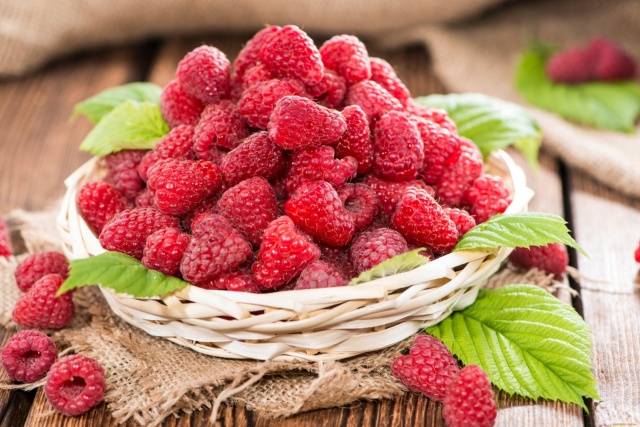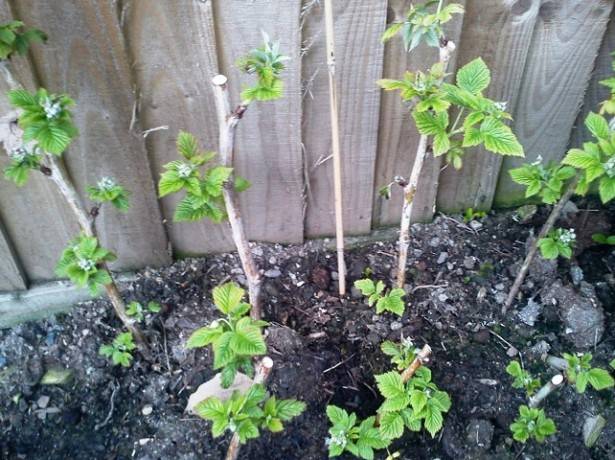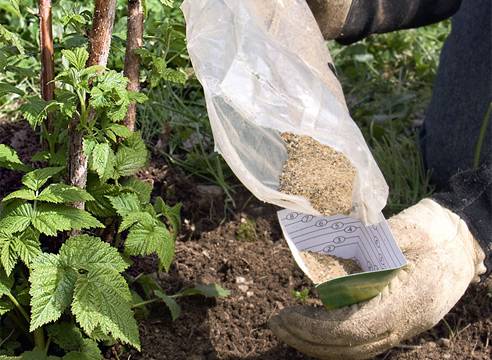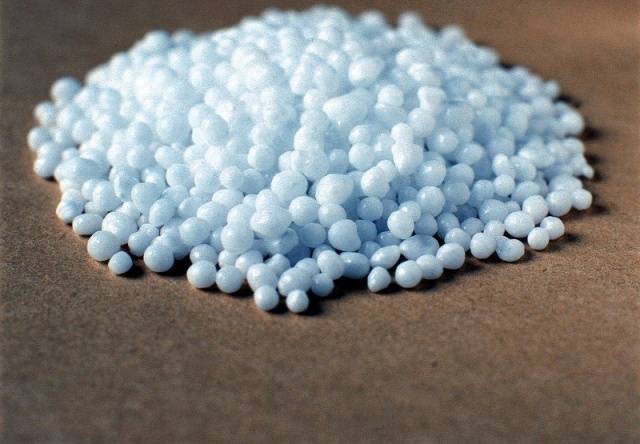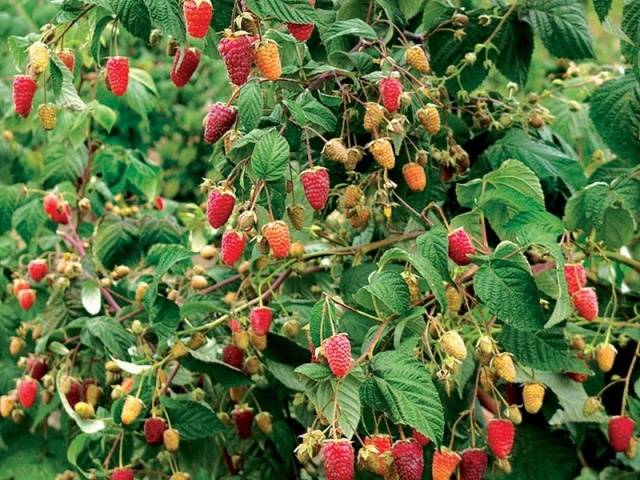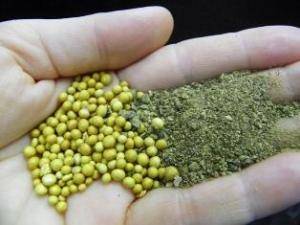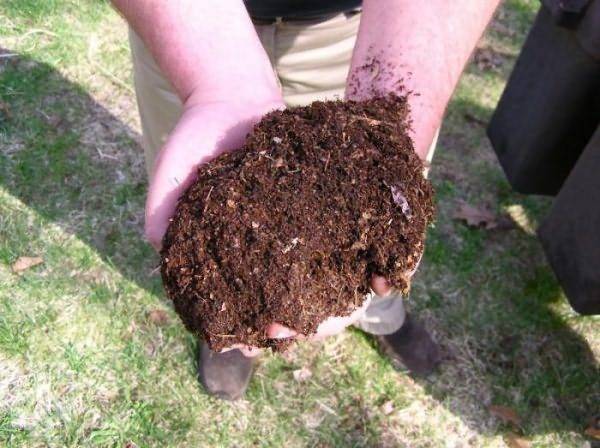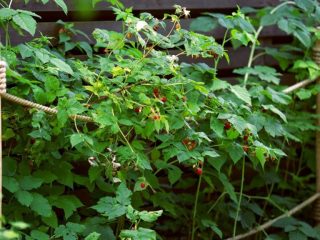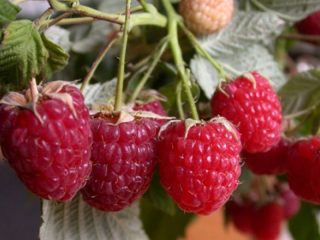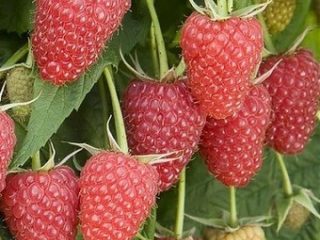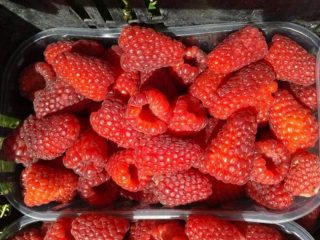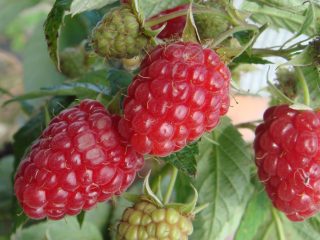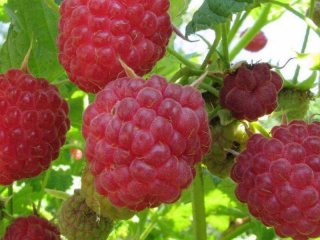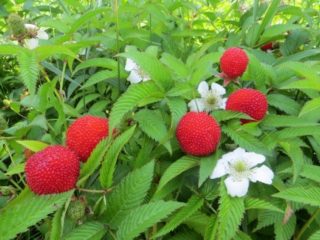Content
Remontant raspberry Every year it is gaining great popularity among gardeners and gardeners. Nothing beats the taste of fresh homemade berries, as well as preparations made from them. Children especially love raspberries, and we try to give them only the best. Therefore, many people prefer to grow raspberries on their own plot rather than buy them at the market or in a store.
Of course, to get a generous raspberry harvest, you will need to make a lot of effort, which will ultimately be rewarded. Has an important role in growing raspberries feeding. You can get a harvest of berries without it, but the quantity and quality are unlikely to please you. Below we will look at why fertilizing is such an important step and how to properly feed remontant raspberries.
Feeding young seedlings
Remontant raspberry is a perennial plant. It is capable of producing a harvest in the first year after planting. Depending on the variety, such raspberries begin to bear fruit from July–August and end in September or October. For good growth and fruit formation, the bush needs fertile soil. Just planting a seedling in a garden bed is not enough. To increase the fertility of the bush, you can add wood ash or manure to the hole for planting the seedling.
Also, purchased mineral fertilizers are used for these purposes. For example, it is very useful to add superphosphate to the soil, which has a direct effect on the yield of the bush. Planting a bush in the fall, add about 150 grams of superphosphate to the hole. This will provide the plant with the necessary nutrients. And in order for the bush to take root well, you should place its roots in a solution of clay and cow dung before planting.
Also, when planting young bushes, you can carry out the following fertilizing. At the bottom of the hole you need to add:
- 4 kilograms of any organic matter;
- 1 teaspoon of superphosphate;
- 1 teaspoon potassium.
After this, the seedling should be watered abundantly, and then the soil around the bush should be loosened.
In the southern regions of the country, especially in areas where the soil is the most fertile, fertilizing is not necessary during the first two years from the time of planting. However, residents of the middle zone are not so lucky, and the bushes will need to be fertilized every year.
When to start feeding
Fertilize raspberries start in early spring. Caring for remontant raspberries in the spring involves the use of urea or ammonium nitrate. They simply sprinkle the surface of the soil around the bushes. Towards the end of spring, you can start fertilizing with nitrogen fertilizers. Organic fertilizers are no less effective. Typically, experienced gardeners always have such substances on hand. An infusion is perfect for feeding remontant raspberries. chicken manure or mullein.
It is very useful to carry out organic nutritional watering of bushes. To do this you will need the following substances:
- Cow dung.
- 20 liters of water.
- 2 teaspoons of urea.
By carrying out this spring procedure, you can provide the plant with nutrients for the entire season. Watering is carried out in May, when raspberries need strength most.
Feeding remontant raspberries in summer
The need for large amounts of mineral fertilizers is due to the fact that remontant raspberries have large berries. Only strong and healthy bushes can produce berries of this size. Nitrogen fertilizers can help raspberries, which are recommended to be applied immediately after the first leaves appear.
Any mineral fertilizing is applied before loosening the soil. Manufacturers of mineral fertilizers have made the work of gardeners easier. In specialized stores you can purchase ready-made mineral complexes, for example, Kemira and Ecofosk. These substances must be diluted with water in a ratio of 1 tablespoon per 3 liters of water. Watering with a similar solution is done in hot weather.
But not all minerals are used in the form of solutions. Ammonium sulfate is applied to the soil in dry form. Fertilizer is simply sprinkled on the soil under the bush. For one raspberry seedling you will need about 15 grams of ammonium sulfate.
If the bushes are many years old, then the following mixture will help them restore their strength:
- 2 kg of manure;
- 2 teaspoons of potassium salt;
- 2 teaspoons nitrogen;
- 2 teaspoons phosphorus.
Feeding during the fruiting period
An important step in caring for remontant raspberries is feeding during the period of ripening of the first berries. To do this, you can use the ready-made Ideal complex. To prepare the solution, follow the instructions on the package. You can additionally add other minerals to it.
Also, during the fruiting period, the bush especially needs potassium and nitrogen. It is very important to start applying nitrogen fertilizers even before the berries begin to form. And potassium magnesia can be added to the soil to compensate for the lack of potassium.
Remember that potassium is quickly washed out of the soil, so you can add it more often than other minerals. For example, potassium can be mixed with organic fertilizers. They do not dissolve so quickly and will help potassium stay in the soil longer. Instead of organics, you can use other slowly dissolving substances. For example, cement dust is perfect.
To increase productivity, fertilizing with slurry is suitable. Manure is one of the most nutritious fertilizers for remontant raspberries. Thanks to them, you can achieve a good harvest even in cold climates.
Autumn feeding of raspberries
Many people underestimate the importance of autumn feeding. But it is during this period that fruit buds form on the bush, which will produce a harvest next year. During this season, fertilizers should consist of phosphorus and potassium. These components are sprinkled on the soil around the raspberries. Loose mixtures of humus or manure are suitable organic fertilizers.
Fertilizer containing potassium will help prepare the plant for winter. It can increase the resistance of bushes to frost.You can use ready-made mineral fertilizers containing at least 30% potassium. They are applied at the root of the plant. For one bush you will need about 35–40 grams of fertilizer. Autumn feeding of raspberries is necessary only after the bushes have been pruned.
Conclusion
The remontant nature of raspberries means that such a plant has a long period of fruiting, sometimes more than 2 times per season. Such bushes need more different fertilizers than regular raspberries. Only with proper care can you get a generous harvest. When starting to grow raspberries, you need to be prepared for the fact that you will have to care for them throughout the calendar year. Bait should be regular and nutritious. Moreover, remontant raspberries respond well to both organic and mineral fertilizers. Of course, in no case should you carry out all the feeding options proposed in the article. Too much fertilizer can kill plants. But with proper care, you will be able to grow excellent bushes on which the berries will ripen until late autumn.
